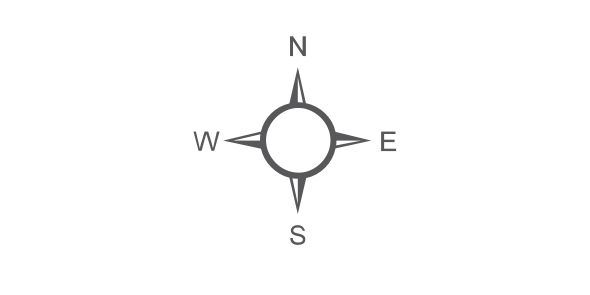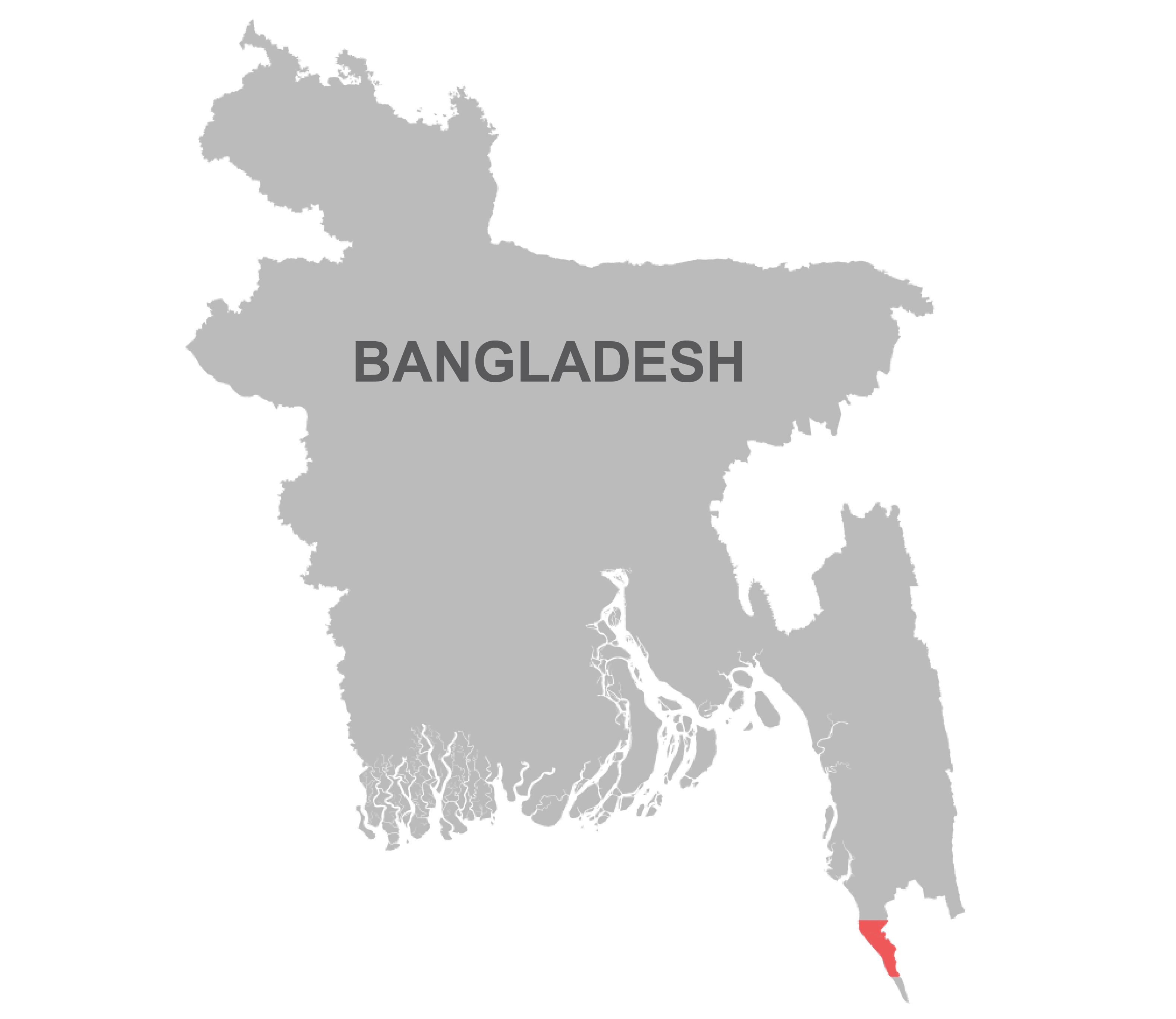PROTECTION
subdirectory_arrow_right RISKS TO BOYS





Reported access to fuel distributions varied substantially by camp. On average, 52% of households reported receiving cooking fuel in the 30 days prior to data collection. However, in nine camps, 90% of households or more reported receiving fuel, yet in nine different camps, less than 10% of surveyed households reported receiving fuel. The most commonly reported urgent NFI needs across all camps were fuel (75%), cooking stoves (57%) and solar lamps (53%). These items are also distributed as key NFIs.
To understand the evolving priority needs of the refugees, in July 2018 an inter-agency Multi-Sector Needs Assessment (MSNA), coordinated by the United Nations High Commissioner for Refugees (UNHCR) with technical support from REACH, was conducted in 31 refugee sites using a household survey methodology.
Results of this MSNA are generalizable to the aggregate level with 95% confidence level and 5% margin of error. This dashboard presents an analysis of data collected from 3,171 households between July 2-31 2018. Produced by REACH, the full July 2018 narrative report, as well as the camp level factsheets can be found via the links below.



Sixty percent (60%) of households reported no members working to earn an income in the 30 days prior to data collection. Of the 40% of households that reported earning income, the majority (36%) were reliant on a single member to generate income. The most reported type of employment is restaurants (12%), and the median household income for the 30 days prior to data collection was 2,089 BDT.
The content of this web-platform are based on summary findings of Multi-Sector Needs Assessment (MSNA) conducted by REACH with funding support from UNHCR in July 2018 in Rohingya Refugee Camps and Settlements in Cox’s Bazar, Bangladesh. The purpose of the MSNA was to a) provide a comprehensive evidence based of Multi-Sectoral Needs and Assessment results among population in refugee settlement areas and b) provide pre-monsoon baseline needs information in support of operational relevance to the Rohingya Refugee response during 2018.
These findings are made available to the humanitarian community and general public as a support tool for the humanitarian emergency response in Bangladesh and other related purposes only. Extracts of the information from this tool may be reviewed, reproduced or translated for the above-mentioned purposes, but not for sale or for use in conjunction with commercial purposes. UNHCR does not make any warranties or representations as to the accuracy or completeness of any materials in this analysis.
Under no circumstances shall UNHCR be liable for any loss, damage, liability or expense incurred or suffered that is claimed to have resulted from the use of this tool, including, without limitation, any fault, error, omission, interruption or delay with respect thereto. As a user of this product, you acknowledge that any information or material you share with the public from these findings are treated as being non-proprietary and non-confidential. The author/producer requires that any use of information from this product shall be accompanied by an acknowledgement of the source of the information.